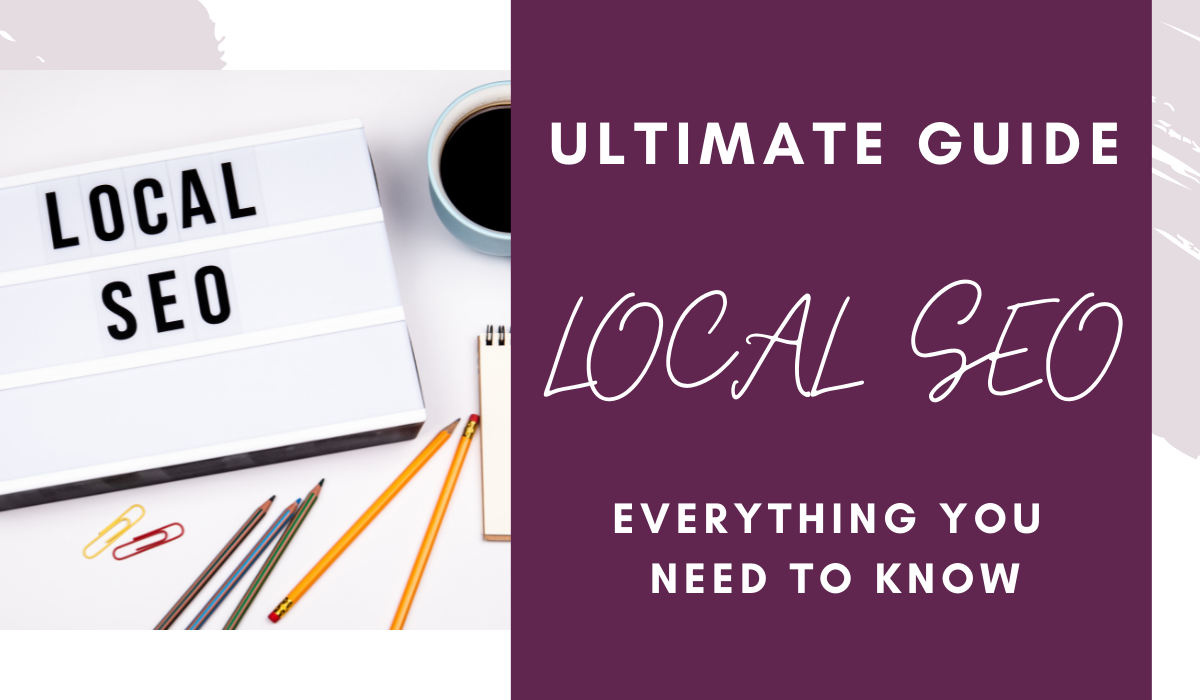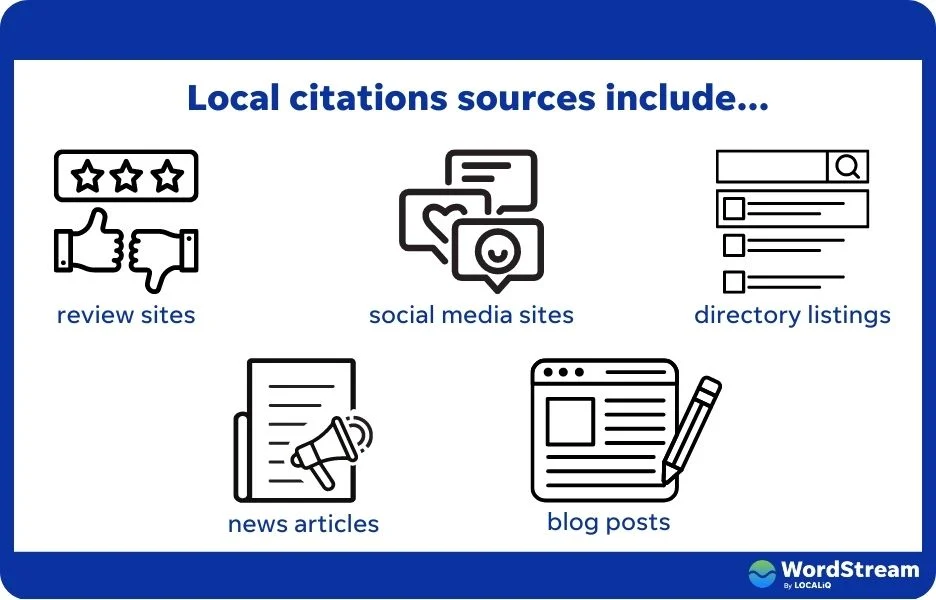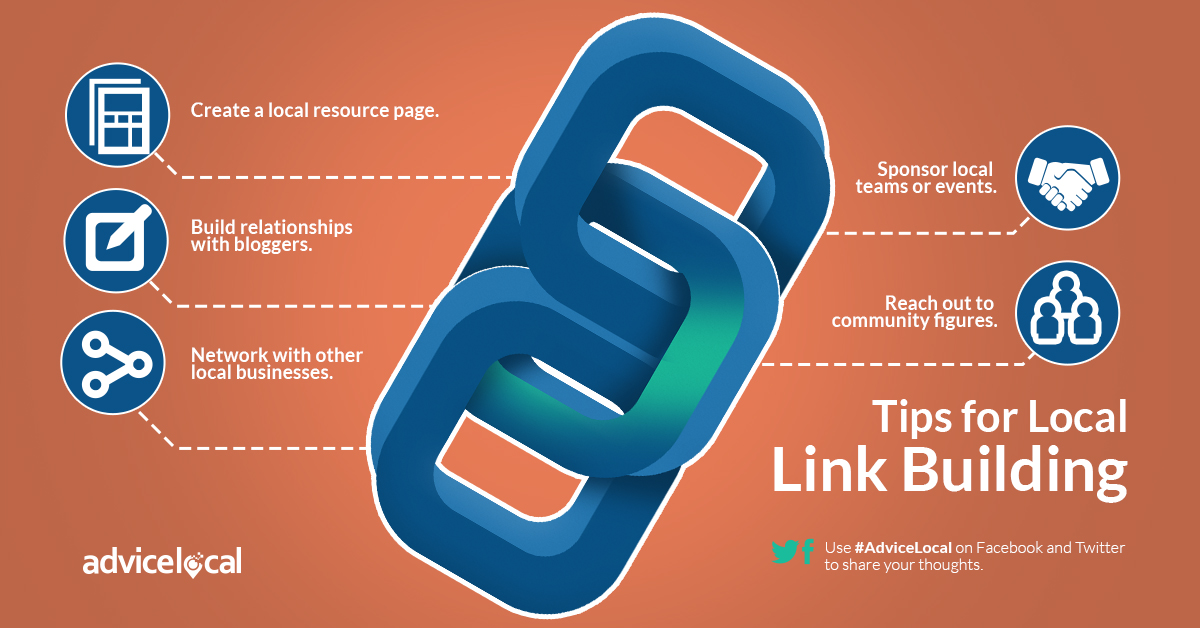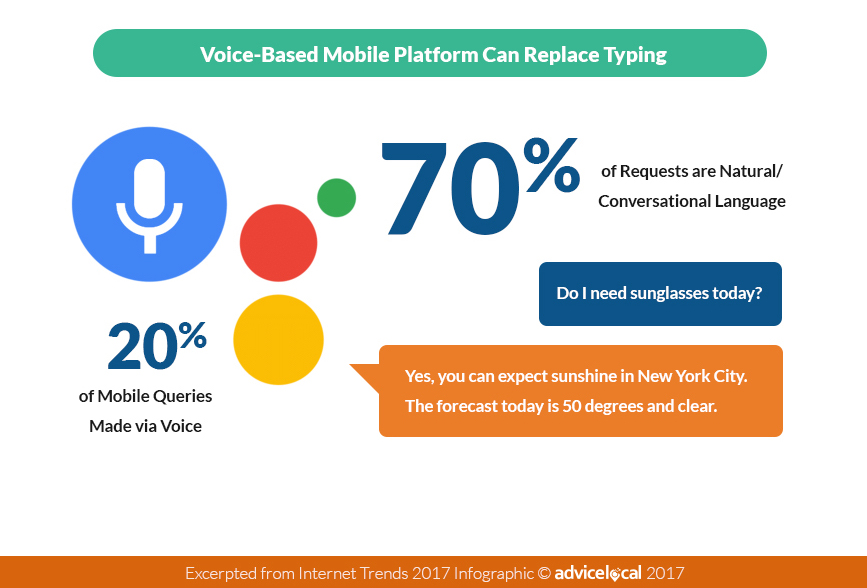The Ultimate Guide to Local SEO: 7 Secrets Most Businesses Overlook
The Ultimate Guide to Local SEO:
Local SEO is an essential strategy for businesses aiming to attract customers from their immediate area. However, many businesses struggle to optimize their local SEO effectively, often missing key opportunities to stand out. In this guide, we’ll uncover seven secrets most businesses overlook that can make all the difference in boosting your local search presence.
1. Master Google My Business Optimization
Google My Business (GMB) optimization is one of the most critical local SEO best practices, yet many businesses fail to fully leverage its power. Here’s how to ensure your GMB profile works for you:
- Complete Your Profile: Fill out every section, including business hours, services, and a detailed description that incorporates local keywords.
- High-Quality Images: Upload high-resolution photos of your location, products, and services. Optimizing images for local SEO can significantly improve engagement and search rankings.
- Regular Updates: Post updates regularly about your business, promotions, or events. This keeps your profile fresh and signals to Google that your business is active.
Pro Tip: Use Google Maps SEO by encouraging customers to leave reviews directly on Google Maps, boosting your visibility in local search results.
2. Conduct Local Keyword Research
Local keyword research is crucial for identifying terms your target audience is searching for. Instead of just using generic keywords, focus on long-tail keywords with a local twist, such as “best pizza in [city]” or “affordable plumber near me.”
- Use Local SEO Tools: Tools like Google Keyword Planner, Moz Local, and Ubersuggest can help identify high-traffic keywords specific to your area.
- Geo-Targeted Content Creation: Create content that directly addresses your community’s needs, such as blog posts about local events, news, or neighborhood guides.
Pro Tip: Optimize your on-page SEO for local businesses by including your location in headings, meta descriptions, and content wherever relevant.
3. Perfect Your Citation Building Strategies
Citations—mentions of your business name, address, and phone number (NAP)—are foundational for local SEO. However, NAP consistency tips are often overlooked, leading to missed opportunities in search rankings.
- Ensure Consistency: Your NAP details must be identical across all platforms, from your website to directories like Yelp, TripAdvisor, and Yellow Pages.
- Use Structured Data Markup: Incorporate local schema markup to help search engines understand your business details better, which can improve local search performance.
Pro Tip: Conduct a local SEO audit checklist regularly to spot inconsistencies in your citations and correct them.
4. Leverage Local Link-Building Tips
Building high-quality backlinks from local websites signals to search engines that your business is trusted within your community. Local link-building tips include:
- Partner with Local Organizations: Sponsor local events or collaborate with local bloggers to gain links back to your website.
- Guest Blogging: Write guest posts for local publications or industry-related websites with a local angle to gain exposure and backlinks.
Pro Tip: Engage in competitor analysis for local SEO to see where your competitors are earning links and identify potential link-building opportunities.
Real estate is a dynamic and ever-evolving industry that plays a crucial role in the economy, offering a wide range of opportunities for investors, buyers, and sellers alike. It encompasses the buying, selling, and leasing of properties, including residential homes, commercial spaces, and industrial sites. In recent years, the real estate market has been significantly influenced by factors such as fluctuating interest rates, evolving buyer preferences, and the rise of digital technology, which has transformed how properties are marketed and sold. For investors, real estate remains a solid asset class, providing potential for long-term appreciation, passive income through rentals, and portfolio diversification. Whether navigating urban housing markets or exploring rural developments, success in real estate requires a keen understanding of market trends, location factors, and the needs of modern consumers. https://shorturl.at/q5lZ1
5. Manage Online Reviews for Local SEO
Online reviews play a significant role in local search rankings and customer decisions. Managing online reviews for local SEO is more than just responding to positive feedback; it’s about strategic engagement.
Pro Tip: Use local SEO tools and software to monitor your reviews and respond quickly to maintain a positive online reputation.
6. Optimize for Mobile and Voice Search
With the rise of mobile searches and voice-activated assistants, optimizing your website for mobile and voice search is no longer optional—it’s a necessity.
- Mobile Optimization for Local Businesses: Ensure your website is mobile-friendly with fast loading times, easy navigation, and click-to-call buttons for quick contact.
- Voice Search for Local Businesses: People using voice search often phrase their queries differently. Optimize your content with conversational keywords and questions like “Where is the nearest coffee shop?”
Pro Tip: Incorporate service area business optimization to ensure your website appears in local searches for your service areas, even if you don’t have a physical storefront.
7. Track and Improve Your Local SEO Performance
Finally, the most overlooked aspect of local SEO is tracking your performance. Without monitoring your efforts, you won’t know what’s working and what needs improvement.- Tracking Local SEO Performance: Use tools like Google Analytics and Google Search Console to monitor your traffic, conversions, and keyword rankings.
- Hyperlocal Marketing Strategies: Tailor your marketing to target specific neighborhoods or communities, using localized content and promotions to attract nearby customers.
Pro Tip: For businesses with multiple locations, tailor your local SEO for multi-location businesses by creating separate pages for each location, each optimized with local keywords and unique content.
Common Local SEO Mistakes to Avoid
To wrap up, let’s highlight some common local SEO mistakes that could derail your efforts:
- Ignoring NAP Consistency: Even minor inconsistencies in your business information can hurt your local rankings.
- Neglecting Reviews: Failing to manage your online reviews can damage your reputation and impact local SEO.
- Forgetting Mobile Optimization: If your website isn’t mobile-friendly, you risk losing a significant portion of potential customers.
Conclusion
Local SEO is a powerful tool for any business looking to dominate local search results, attract more customers, and grow. By mastering these often-overlooked secrets, from optimizing your Google My Business profile to perfecting citation strategies and engaging in hyperlocal marketing, you can set your business apart from the competition. Implement these tips, track your performance, and watch as your local visibility—and your customer base—begins to grow.










Comments
Post a Comment